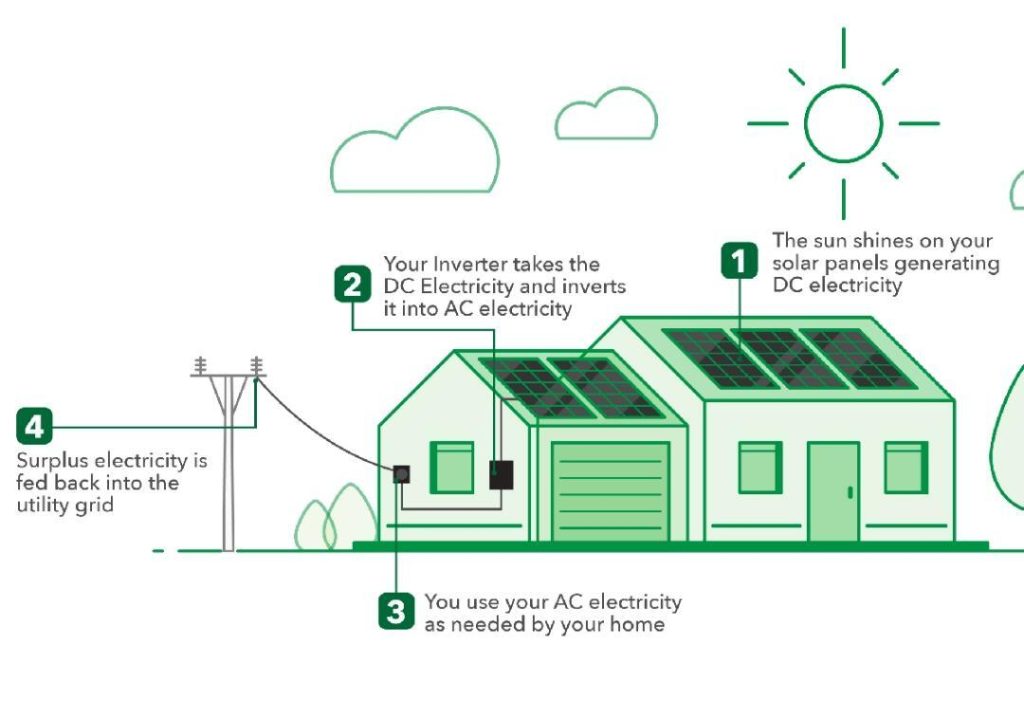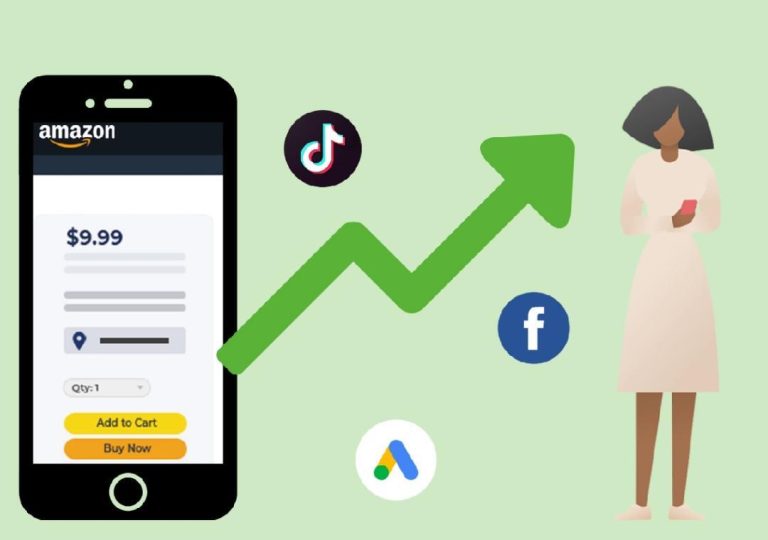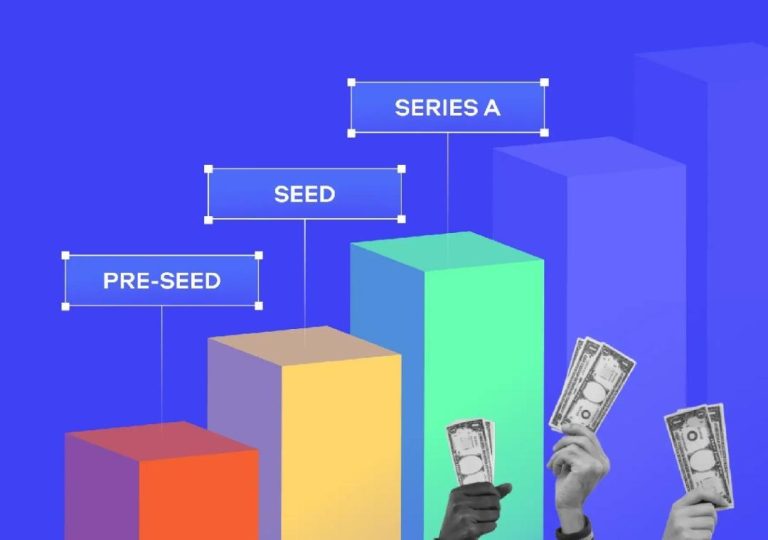
How Does Solar Energy Get from Sun to Your Home?
As the world shifts towards a more sustainable and eco-friendly future, solar energy has become an increasingly popular choice for powering homes and businesses. But have you ever wondered how solar energy gets from the sun to your home? In this blog post, we’ll take a closer look at the process of converting sunlight into usable electricity and how it reaches your doorstep.
The Basics of Solar Energy
Solar panels convert sunlight into DC (direct current) electricity using silicon cells. These cells are made from semiconducting materials that release electrons when exposed to sunlight, creating an electrical current. The DC power is then sent through an inverter, which converts the DC power into AC (alternating current) power, which is the type of electricity used in homes.
The Conversion Process
The process of converting sunlight into electricity is quite straightforward. Here’s a step-by-step breakdown:
- Sunlight Hits the Solar Panels: The sun’s rays hit the solar panels, triggering the release of electrons from the silicon cells.
- DC Power Generation: The released electrons flow through the silicon cells, generating a DC electrical current.
- Inverter Conversion: The DC power is sent through an inverter, which converts the DC power into AC power.
- AC Power Distribution: The AC power is then distributed to your home, powering your appliances and devices.
What Happens When Production Exceeds Consumption?
When solar panels produce more electricity than your home consumes, the excess power can be fed back into the grid through a process called net metering. Net metering allows you to generate your own electricity and sell any excess back to the utility company, offsetting your energy bills.
Batteries: Storing Energy for Later Use
But what happens when the sun isn’t shining? That’s where batteries come in. Solar batteries allow you to store excess energy generated by your solar panels during the day, so you can use it at night or during periods of low sunlight. This means you can rely on your solar panels for power even when the sun isn’t shining.
Factors Affecting Efficiency
The efficiency of your solar energy system depends on several factors, including:
- Panel Orientation: The angle and orientation of your solar panels can affect how much sunlight they receive, impacting their efficiency.
- Weather: Weather conditions, such as cloud cover or extreme temperatures, can affect the amount of sunlight your panels receive and ultimately impact their efficiency.
- Storage Capacity: The capacity of your solar batteries can affect how much energy you can store and use during periods of low sunlight.
Conclusion
Solar energy is a clean, renewable, and increasingly affordable way to power your home. By understanding how solar energy gets from the sun to your home, you can make informed decisions about your energy needs and take advantage of the many benefits that solar energy has to offer.
Sources:
https://www.growthjockey.com/blogs/solar-energy-how-it-works






